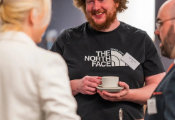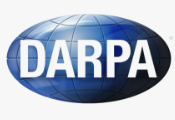Pasqal’s 100-Qubit Quantum Computer Has Arrived in Jülich, Germany
Pasqal’s 100-Qubit Quantum Computer Has Arrived in Jülich, Germany
The Jülich Supercomputing Centre (JSC) at Forschungszentrum Jülich received a 100-qubit quantum computer from Pasqal in mid-November. Pasqal is a world leader in neutral atoms quantum computing technology. The new quantum computer is part of the EuroHPC JU project HPCQS and will be coupled with the JURECA DC supercomputer at JSC. This will enable European researchers to use hybrid classical-quantum resources to solve complex challenges.


























